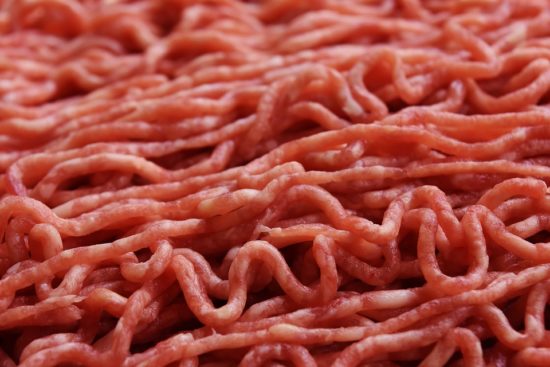Antimicrobial drug resistance from food sources
Antimicrobial Resistance (AMR) happens when microbes, infections, organisms, and parasites change over the long run, becoming resistant to any drug, as well as making contaminations harder to treat and expanding the danger of the disease spreading, severity, and death. Because of medication obstruction and anti-infection agents, antimicrobial drugs become ineffectual, and diseases become progressively troublesome or difficult to treat. AMR keeps on representing a public health concern because of high mortality rate and expensive treatments. Food assumes a significant part in the transmission of commensal microorganisms yet in addition, food-borne microbes include zoonotic organic entities. The aim of this meta-analysis review is to report the predominance of antimicrobial resistance in food from animals and a few vegetables from India and to compare the data with countries like Switzerland and Taiwan.
AMR potential for Gram-negative foodborne bacteria was found in raw meat, milk, fish, and certain matured dairy products. To enable an expanded AMR hazard appraisal for customers, AMR genetics attributes are suggested to be better coordinated into regulated One Health AMR observation and alleviation systems.
AMR NEWS
Every two weeks in your inbox
Because there should be one newsletter that brings together all One Health news related to antimicrobial resistance: AMR NEWS!





